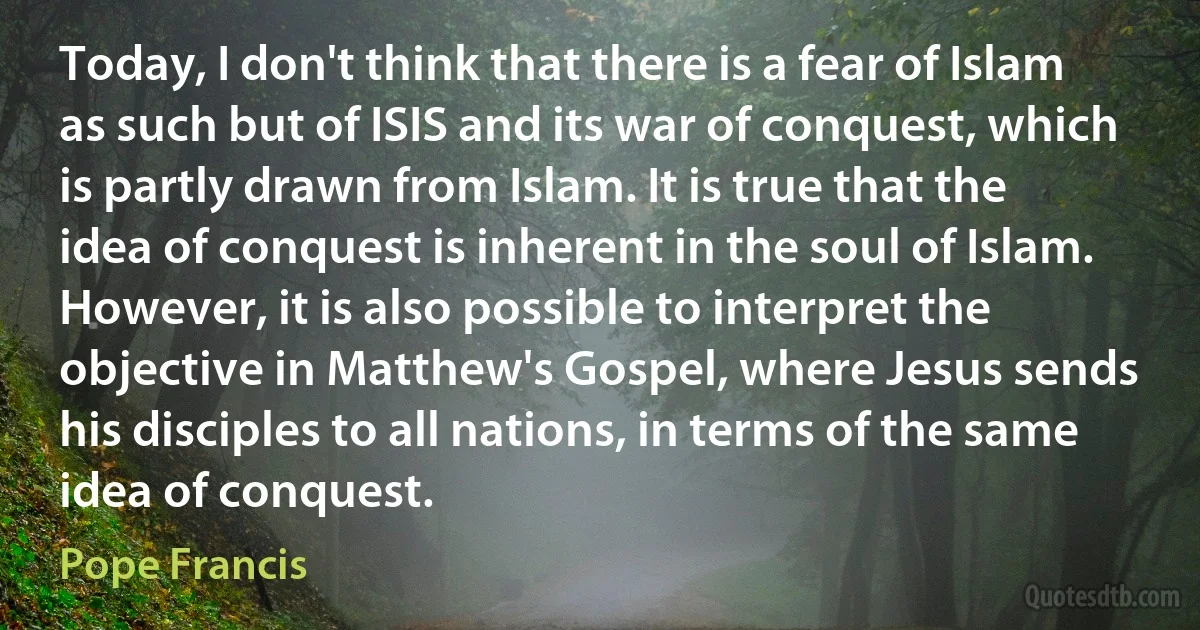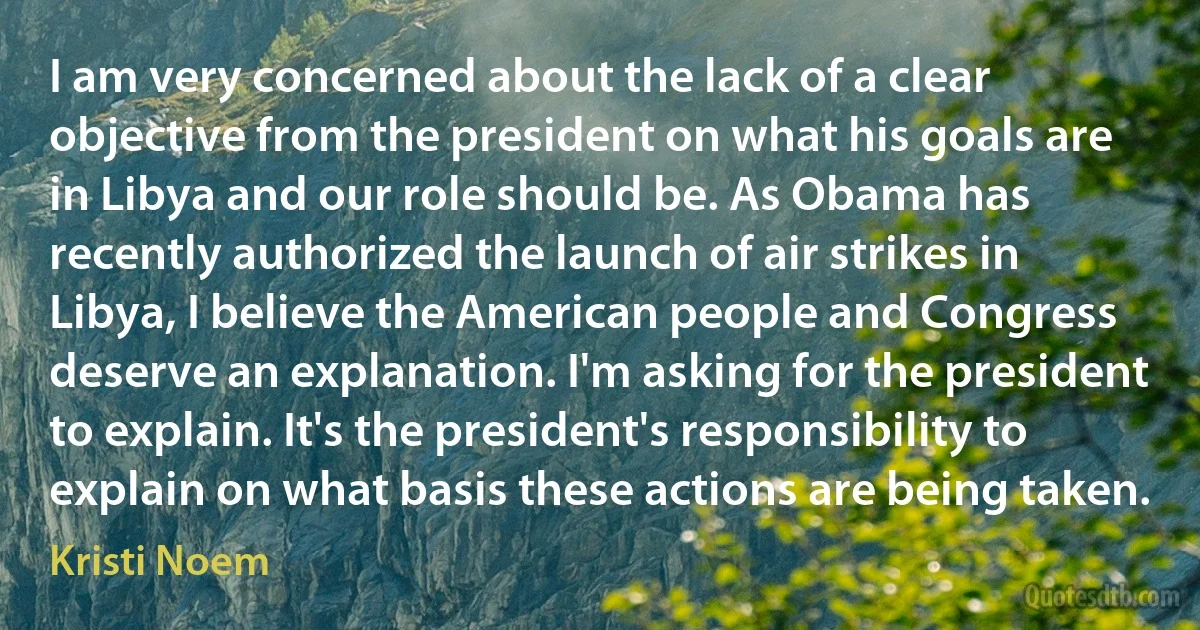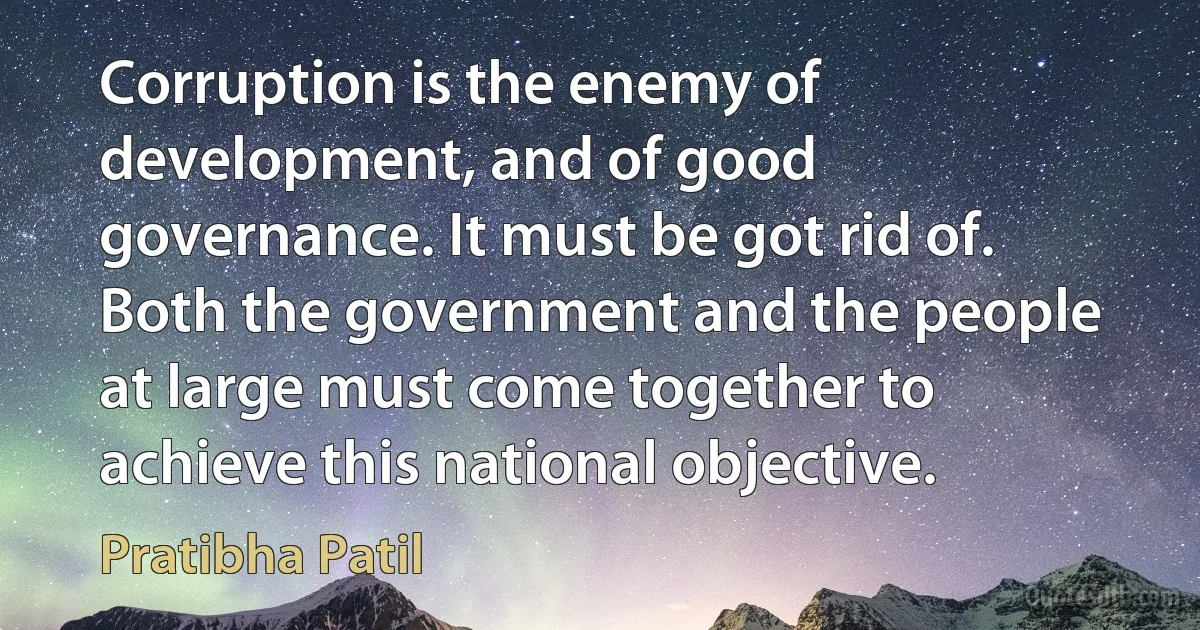Objective Quotes - page 15
One of the stated objectives [of the Warren Commission] was to calm the fears of the people about a conspiracy. But in our country, the government has no right to calm our fears, any more than it has, for example, the right to excite our fears about Red China, or about fluoridation, or about birth control, or about anything. There's no room in America for thought control of any kind, no matter how benevolent the objective. Personally, I don't want to be calm about the assassination of John F. Kennedy. I don't want to be calm about a president of my country being shot down in the streets.

Jim Garrison
The range of emotions parents can arouse in their children – affection, rebellion, indifference, fear, adulation, their disturbing combinations – suggest a repertory of subjective universals, cutting in each individual case at random across cultures. What children know – as opposed to feel – about their parents, on the other hand, is likely to be a function of objective constraints that vary more systematically: tradition, place, life-span.

Perry Anderson
Rawls resorted to Hegel in his internal reflections on a constitutional state. On the plane of inter-state relations, Kant remained his philosopher of reference, as the theorist of conditions for a perpetual peace. So too for Habermas. But since Kant failed to envisage the necessary legal framework for a cosmopolitan order, as it started to take shape through the permanent institutions of the United Nations, Habermas, when he came to review the progress made since 1945, also looked towards the philosopher of objective idealism. Measured against the sombre background of the disasters of the first half of the twentieth century, he decided, ‘the World Spirit, as Hegel would have put it, has lurched forward'. As we have seen, Bobbio was responsible for the most pointed appeal to Hegel of all. In one sense, he was more entitled to do so.

Perry Anderson
The second point which must be part of the national goal, is caste less society. The constitution very clearly differentiates between Schedule Castes and Backward Classes. Why did out our Constitution makers make this distinction? They had something in their mind. Why have we lost that distinction today? I agree with you that reality is that caste accounts for a tremendous amount in this country. I do not disagree with that. But what is our goal? Is our goal a castless society? If out goal, is a casteless society, surely every step that we take must be towards that objective.

Rajiv Gandhi
Rule 2. Any summary of a distribution of numbers in terms of symmetric functions should not give an objective degree of belief in any one of the inferences or predictions to be made therefrom that would cause human action significantly different from what this action would be if the original distributions had been taken as evidence.

Walter A. Shewhart
Yet the fact remains that there is a dream reality with a "structure," "landscape" and images that appear to be made of matter -- but matter that obeys different rules than those with which we are familiar. Dreams are not just psychological events. There is a dimension of reality (an "objective" dimension, if you prefer), in which all dream events happen. There are rules: Seth calls them root-assumptions that operate in all realities, our own included. We have to learn what root-assumptions govern dream reality.

Robert Butts
Acting in conformity with reason, in the singular, and acting for good reasons, in the plural, are two different things insofar as reason is objective, whereas reasons are subjective. From an external point of view, we can evaluate a policy as being in conformity with reason or not. From an internal point of view, one can evaluate an action as being rational or not. From this difference it follows that only rationality can be used for explanatory ends. It is only insofar as the agent has made the demands of reason his own that the latter may give rise to, and possibly explain, specific behaviors. The assessment of the actor and that of the observer need not coincide.

Jon Elster
As opposed to [megatechnics], an organic system directs itself to qualitative richness, amplitude, spaciousness, free from quantitative pressure and crowding, since self-regulation, self-correction, and self-propulsion are as much an integral property of organisms as nutrition, reproduction, growth, and repair. Balance, wholeness, completeness, continuous interplay between inner and outer, the subjective and the objective aspects of existence are identifying characteristics of the organic model; and the general name for an economy based on such a model is an economy of plenitude.

Lewis Mumford
Many journalists now are no more than channelers and echoers of what George Orwell called the 'official truth'. They simply cipher and transmit lies. It really grieves me that so many of my fellow journalists can be so manipulated that they become really what the French describe as 'functionaires', functionaries, not journalists. Many journalists become very defensive when you suggest to them that they are anything but impartial and objective. The problem with those words 'impartiality' and 'objectivity' is that they have lost their dictionary meaning. They've been taken over... [they] now mean the establishment point of view... Journalists don't sit down and think, 'I'm now going to speak for the establishment.' Of course not. But they internalise a whole set of assumptions, and one of the most potent assumptions is that the world should be seen in terms of its usefulness to the West, not humanity.

John Pilger
A liberal is fundamentally fearful of concentrated power. His objective is to preserve the maximum degree of freedom for each individual separately that is compatible with one man's freedom not interfering with other men's freedom. He believes that this objective requires that power be dispersed. He is suspicious of assigning to government any functions that can be performed through the market, both because this substitutes coercion for voluntary co-operation in the area in question and because, by giving government an increased role, it threatens freedom in other areas.

Milton Friedman
Freedom is a tenable objective only for responsible individuals. We do not believe in freedom for madmen or children. The necessity of drawing a line between responsible individuals and others is inescapable, yet it means that there is an essential ambiguity in our ultimate objective of freedom. Paternalism is inescapable for those whom we designate as not responsible.

Milton Friedman
IN a free‐enterprise, private‐property system, a corporate executive is an employe of the owners of the business. He has direct responsibility to his employers. That responsibility is to conduct the business in accordance with their desires, which generally will be to make as much money as possible while conforming to the basic rules of the society, both those embodied in law and those embodied in ethical custom. Of course, in some cases his employers may have a different objective. A group of persons might establish a corporation for an eleemosynary purpose-for example, a hospital or school. The manager of such a corporation will not have money profit as his objective but the rendering of certain services. In either case, the key point is that, in his capacity as a corporate executive, the manager is the agent of the individuals who own the corporation or establish the eleemosynary institution, and his primary responsibility is to them.

Milton Friedman
One percent of the practicing religious believers in this country are Muslim. And so I push back and reject them trying to convert the rest of us. And based upon the little knowledge that I have of the Muslim religion, you know, they have an objective to convert all infidels or kill them. Now, I know that there are some peaceful Muslims who don't go around preaching or practicing that. Well, unfortunately, we can't sit back and tolerate the radical ones simply because we know that there are some of them who don't believe in that aspect of the Muslim religion.

Herman Cain
Our first objective in undertaking the experimental program described here has been to gain some understanding of what goes on in long sequences of plays of Prisoner's Dilemma. We have attempted to gain this understanding by postulating a system going through a sequence of states and by attempting to formulate some mathematical models from which the dynamics of the system could be deduced. Once such a model is found, its parameters, properly interpreted, become the key terms in the emerging psychological theory. This strategy can be deemed successful, if the parameters so discovered are independent of the process itself, if they suggest further investigation, and if the further investigations, in turn, lead to a more inclusive theory.

Anatol Rapoport
The British monarchy inculcates unthinking credulity and servility. It forms a heavy layer on the general encrustation of our unreformed political institutions. It is the gilded peg from which our unlovely system of social distinction and hierarchy depends. It is an obstacle to the objective public discussion of our own history. It tribalises politics. It entrenches the absurdity of the hereditary principle. It contributes to what sometimes looks like an enfeeblement of the national intelligence, drawing from our press and even from some of our poets the sort of degrading and abnegating propaganda that would arouse contempt if displayed in Zaire or Romania. It is, in short, neither dignified nor efficient.

Christopher Hitchens
Though they may think the proof incomplete that the universe is a work of design, and though they assuredly disbelieve that it can have an Author and Governor who is absolute in power as well as perfect in goodness, they have that which constitutes the principal worth of all religions whatever, an ideal conception of a Perfect Being, to which they habitually refer as the guide of their conscience; and this ideal of Good is usually far nearer to perfection than the objective Deity of those, who think themselves obliged to find absolute goodness in the author of a world so crowded with suffering and so deformed by injustice as ours.

John Stuart Mill



